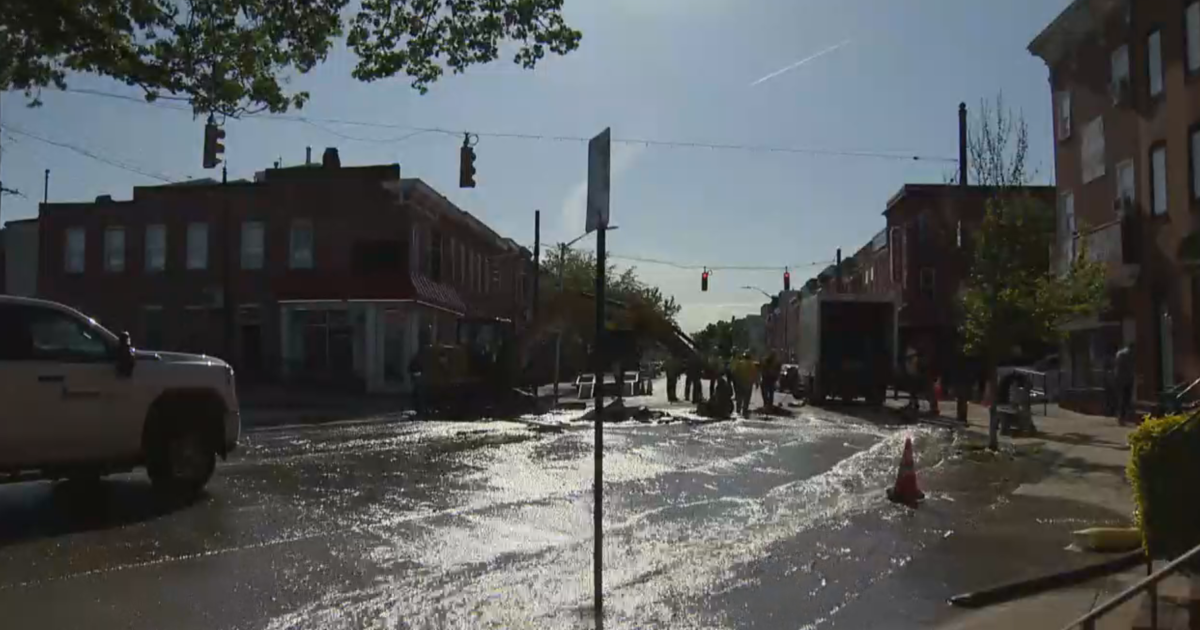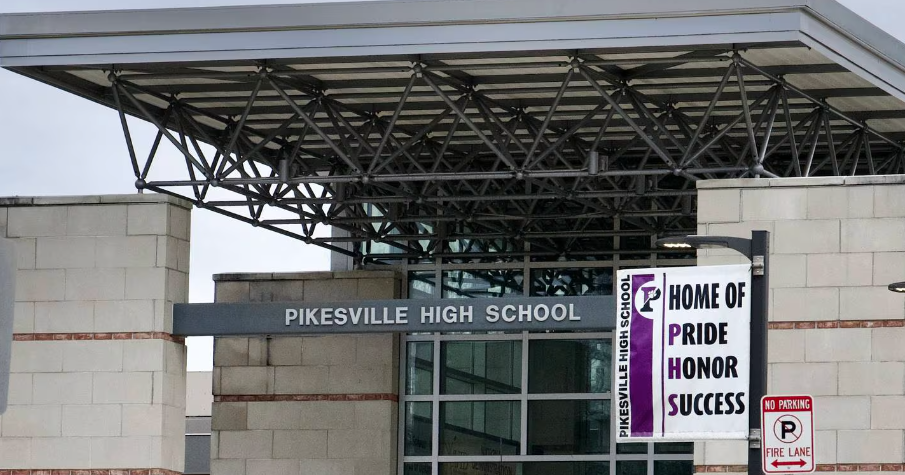Chesapeake Checkup: Hearing Tracks Progress Made To Restore Bay's Health
ANNAPOLIS, Md. (WJZ) -- A Chesapeake checkup. Tuesday, a Senate field hearing heard what's working and what's not when it comes to cleaning the bay.
Alex DeMetrick reports six states are under EPA orders to do just that.
There's not much left of the way it used to be on the Chesapeake. Watermen still work it in all weather, even if oysters are only at one percent of their historic high.
"And you need nature to do her thing and you need a lot of things happening correctly to have it all fall into place," said one waterman.
"I expect we'll find we have a long way to go," said Senator Ben Cardin.
And that was pretty much the story in a field hearing conducted by Cardin into what's working to improve the bay. Cleaner burning coal power plants and more natural gas plants may help reduce emissions of nitrogen and phosphorous, and millions being spent at sewage treatment plants are reducing those same nutrients before they reach the bay.
"The good news is the bay's improving. The bad news is it's still dangerously out of balance," said Will Baker, Chesapeake Bay Foundation.
Nitrogen and phosphorous are still creating massive algae blooms, which leave dead zones. It's coming from six states in the bay's watershed.
"If you don't have a federal perspective that can knit together the collected impact that's coming across the whole region, then you're missing something in terms of the solution so the EPA's a critical player," said Rep. John Sarbanes.
Getting the federal government involved with bay restoration didn't happen overnight. In 2009, the Chesapeake Bay Foundation sued to get the EPA to enforce the Clean Water Act. It took President Barack Obama's election to do it.
"It's not improving fast enough. The rate of change is not good enough," Baker said.
"The bay is critically important to our way of live and to our economic future and we have to really double down our efforts to clean the bay," Cardin said.
The population in the bay's watershed has been growing by 100,000 people a year. New houses and roads have also increased the amount of hard surfaces and stormwater runoff, carrying harmful nutrients.



